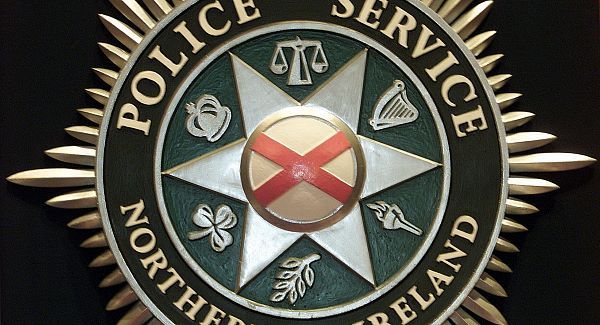Police in the North are set to beef-up resources dedicated to tackling paramilitary-linked criminality as part of a Stormont action plan to finally eradicate the terror groups.
The strategy also includes a pledge from the Irish and UK governments to “consult to consider” new short-term weapon decommissioning mechanisms, if the requirement arises in the future.
The prioritisation of PSNI funding to build investigative capacity for paramilitary criminality and the potential of spending more on community policing are among measures outlined in the powersharing executive’s blueprint for tackling paramilitarism.
The 22 page document is the administration’s response to an independent panel report that recommended actions required to put an end to terrorist organisations.

The panel was set up as part of the landmark Fresh Start political agreement struck between the Democratic Unionists, Sinn Féin and the Irish and UK governments last year. The accord resolved a political crisis sparked by a murder linked to the Provisional IRA.
The panel, which made 43 recommendations, said paramilitary activity had greatly reduced over the course of the peace process, with the main groups remaining on ceasefire, but some members and former members continued to engage in violence, intimidation and other crime.
Six weeks after the report was published, the Stormont Executive has now revealed a five-year action plan to implement the recommendations. The steps will be supported by £50m (€59.42m), jointly funded by Stormont and the UK government.
The strategy will see:
The North’s First Minister Arlene Foster, Deputy First Minister Martin McGuinness and Justice Minister Claire Sugden said the action plan was a “challenging and ambitious” programme of work.
In a joint statement they said: “Delivering this action plan requires recognition of the excellent work under way in communities to support and complete the transition away from paramilitarism. It will require partnership working across the Executive and with the UK and Irish Governments, law enforcement agencies, the public, private and voluntary and community sectors, and importantly, with local communities.”


